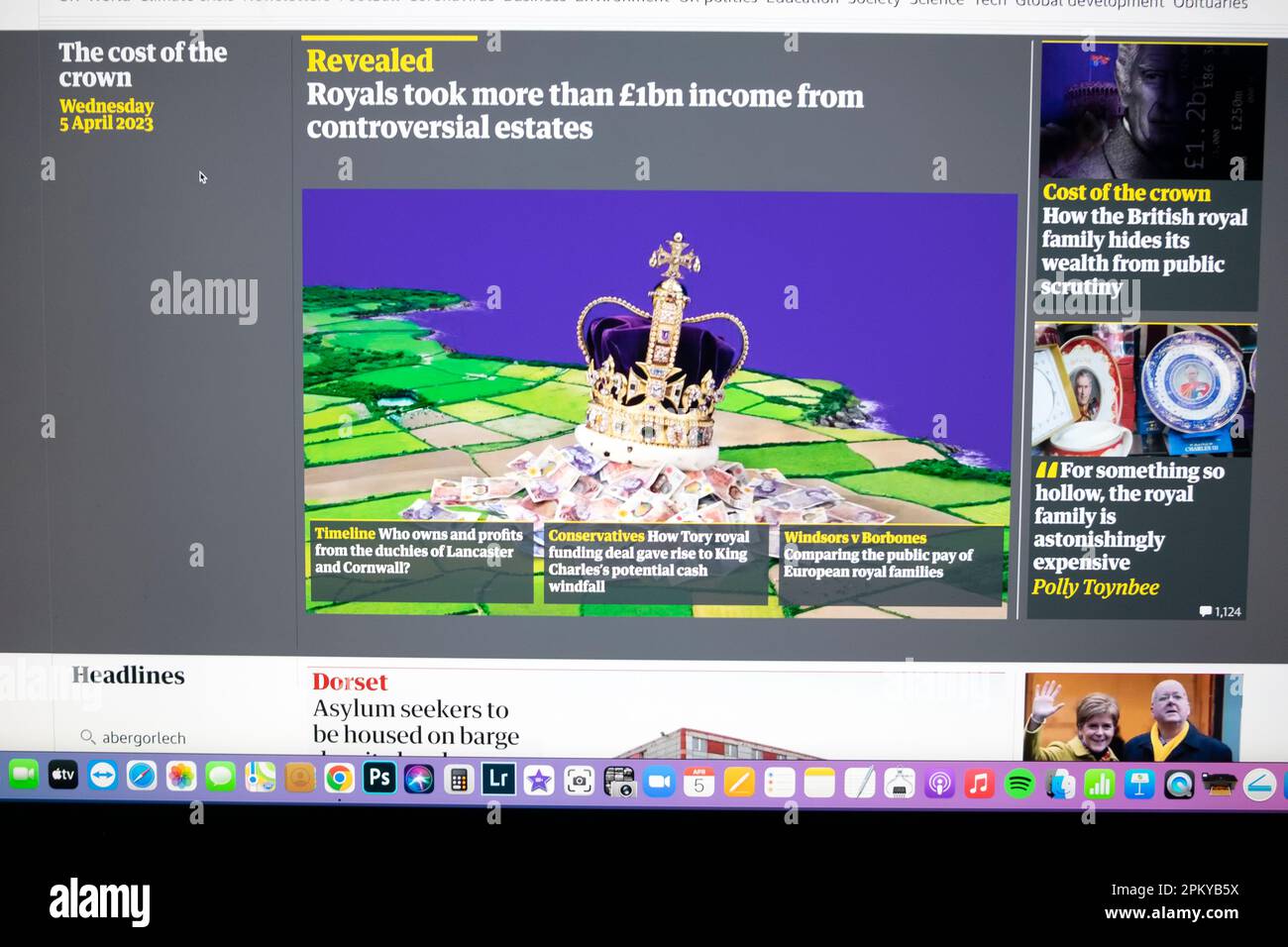BBC's £1bn Income Drop: Unprecedented Problems Ahead

Table of Contents
The Crumbling Licence Fee Model
The BBC's primary funding source, the licence fee, is facing significant challenges. This traditional funding model, while ensuring impartiality, is struggling to adapt to the rapidly evolving media landscape. Keywords: Licence fee, funding model, TV licence evasion, declining viewership, streaming services, alternative funding
-
Rising TV Licence Evasion: The proliferation of streaming services like Netflix, Amazon Prime, and Disney+ has led to a significant rise in households evading the TV licence fee. Many younger viewers, in particular, are cutting the cord and relying solely on online streaming, avoiding the requirement to pay the licence fee. This represents a substantial loss of revenue for the BBC.
-
Increased Production Costs: Producing high-quality programming, from gripping dramas to in-depth news coverage, is increasingly expensive. The competition for talent and resources is fierce, putting further strain on the BBC's budget. The cost of securing rights to broadcast major sporting events also contributes significantly to the financial burden.
-
Adapting to the Digital Age: The licence fee model, designed for a largely analog television landscape, is struggling to adapt to the digital age. The BBC needs to find innovative ways to fund its extensive online content, including the popular BBC iPlayer, which requires significant investment in technology and infrastructure.
-
Exploring Alternative Funding Models: The BBC is under pressure to explore alternative funding models, such as subscription services, advertising revenue, or increased government funding. However, each of these options presents potential drawbacks, including concerns about compromising the BBC's editorial independence and impartiality. The delicate balance between public funding and maintaining journalistic integrity is a crucial consideration.
The Impact on Programming and Staff
The £1 billion income drop will inevitably have a significant impact on the BBC's programming and its workforce. Keywords: Programme cuts, job losses, budget cuts, content reduction, impact on quality, news coverage, BBC cuts
-
Programme Cuts and Cancellations: To address the financial shortfall, the BBC may be forced to reduce programming hours and cancel popular shows. This could lead to a reduction in the diversity and range of programming offered, potentially impacting audience satisfaction and engagement.
-
Job Losses and Staff Reductions: Budget cuts are likely to result in job losses across various departments, from news and current affairs to entertainment and production. This will not only affect the livelihoods of BBC employees but also potentially impact the quality and experience of the programming produced.
-
Concerns Regarding News Coverage: The BBC's commitment to in-depth investigative journalism and impartial news coverage could be compromised by budget constraints. Reduced resources could limit the scope and scale of news investigations, potentially impacting the public's access to vital information.
-
Long-Term Impact on Quality: The cumulative effect of programme cuts, staff reductions, and reduced investment in production could significantly impact the long-term quality and reputation of BBC programming, potentially affecting its standing both domestically and internationally.
Navigating the Digital Transformation
The BBC faces the significant challenge of adapting to the digital landscape while maintaining its core values. Keywords: Digital transformation, iPlayer, streaming services, online content, digital strategy, BBC iPlayer, competition
-
Investment in Digital Platforms: To compete with streaming giants like Netflix and Amazon, the BBC needs to invest heavily in its digital platforms and online content. This requires substantial financial resources to develop innovative digital strategies and attract and retain younger audiences.
-
Balancing Traditional and Online Broadcasting: The BBC must carefully balance its commitment to traditional broadcasting with the growth of its online services, such as BBC iPlayer. This requires a sophisticated approach that ensures both platforms thrive and complement each other.
-
Attracting Younger Audiences: Engaging younger audiences who are increasingly consuming media online is critical. The BBC needs to develop innovative digital content formats, improve its social media presence, and utilize data analytics to better understand viewer preferences.
-
Strategic Partnerships and Collaborations: Exploring potential partnerships and collaborations with other media organizations or technology companies could enhance the BBC's digital offerings and broaden its reach. Strategic alliances can leverage resources and expertise, accelerating the digital transformation process.
The Government's Role
The UK government plays a crucial role in shaping the future of the BBC. Keywords: Government funding, political pressure, public service broadcasting, BBC charter, funding review
-
Funding Model Review: The government's review of the BBC's funding model will significantly impact the broadcaster's future. Decisions regarding the licence fee, alternative funding sources, and the BBC's overall financial stability rest heavily on government policy.
-
Political Pressure and Editorial Independence: Concerns exist about potential government interference in the BBC's editorial decisions. Maintaining its independence and impartiality is vital for the BBC's credibility and its role as a public service broadcaster.
-
Future of Public Service Broadcasting: The BBC's financial challenges highlight broader questions about the future of public service broadcasting in the UK. The government needs to consider the crucial role the BBC plays in providing quality programming and unbiased news coverage for the entire nation.
Conclusion
The BBC's £1 billion income drop presents an unprecedented challenge. The decline in licence fee revenue, combined with the pressures of digital transformation, demands urgent and decisive action. The BBC needs to diversify its funding, embrace the digital landscape, and effectively engage with all audiences. Failure to address these issues could have profound and lasting consequences for British broadcasting and the role of public service media in the UK. Let's advocate for a robust and sustainable future for the BBC – let's find solutions to this severe BBC income drop and ensure the continued success of this vital institution.

Featured Posts
-
 Manchester United Fan Poppy Family Shares Emotional Tribute Following Her Passing
May 02, 2025
Manchester United Fan Poppy Family Shares Emotional Tribute Following Her Passing
May 02, 2025 -
 Brtanwy Parlymnt Myn Kshmyr Ke Msyle Pr Mbahthh Ka Mtalbh
May 02, 2025
Brtanwy Parlymnt Myn Kshmyr Ke Msyle Pr Mbahthh Ka Mtalbh
May 02, 2025 -
 Cay Fest On Film Splice A Comprehensive Review
May 02, 2025
Cay Fest On Film Splice A Comprehensive Review
May 02, 2025 -
 Radio 4 Scheduling Understanding The Absence Of Robinson And Barnett Together
May 02, 2025
Radio 4 Scheduling Understanding The Absence Of Robinson And Barnett Together
May 02, 2025 -
 Why Facts Alone Dont Defeat Misinformation Insights From Cnns Experts
May 02, 2025
Why Facts Alone Dont Defeat Misinformation Insights From Cnns Experts
May 02, 2025
